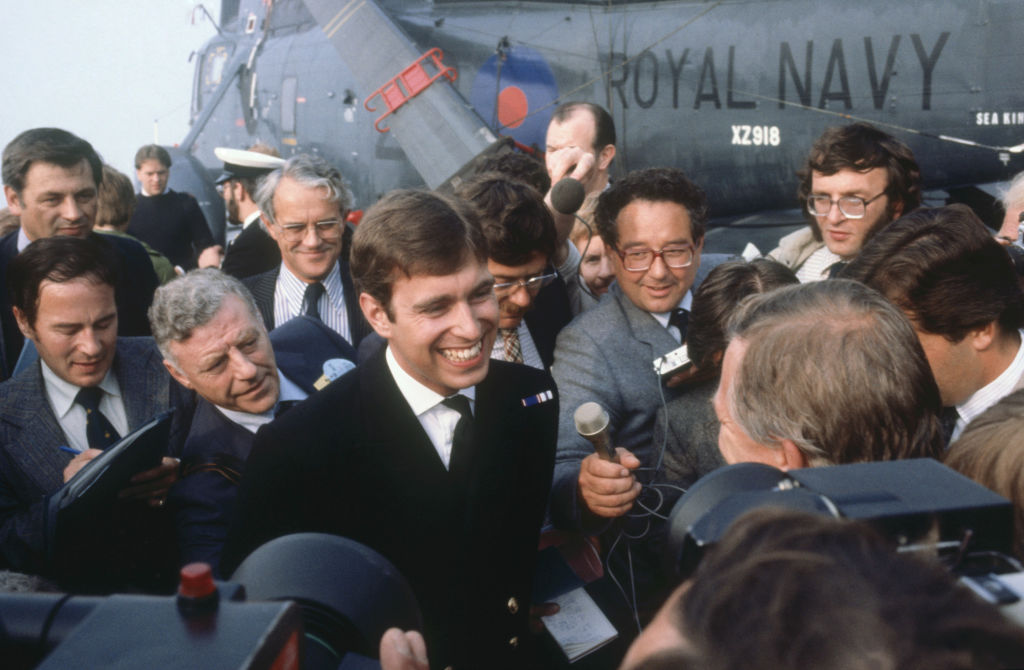There is little over a year to go until the 2026 Holyrood election and Scottish party selection processes are underway. This morning, two of the biggest names yet have said they will stand down at next year’s election: Finance Secretary Shona Robison and Transport Secretary Fiona Hyslop have announced they’re off. ‘The decision to retire is entirely personal and I do it for positive reasons,’ Hyslop insisted to reporters today. It is unlikely that will convince cynics who suggest the pair have jumped before they were pushed.
The Holyrood selection process is a chance for the SNP to sort the wheat from the chaff
The duo joins a long list of nationalist politicians who have declared their intention to step down next year. The tally is at 14 so far and more announcements are expected to come. Both Robison and Hyslop have served in the Scottish parliament since its creation in 1999 and so, at the very least, they have 27 years of experience under their belts. But while their decisions may cause issues for First Minister John Swinney in the short term – should he retain two retiring ministers or stage a pre-election reshuffle? – their retirement from frontline politics is unlikely to be a significant loss to the post-2026 iteration of the SNP.
Robison has been close friends with former first minister Nicola Sturgeon for years, meeting when they were students together at Glasgow University. Alongside politicians such as Culture Secretary Angus Robertson and Social Justice Secretary Shirley-Anne Sommerville, Robison is widely viewed as part of the continuity-Sturgeon group – which still wields a certain power despite there having been two SNP leaders since the former FM resigned in 2023. This is more about loyalty than any real talent, a number of party figures say, while a former nationalist MSP tells me the pair ‘only got to where they are because of their friendship with Nicola’. ‘They’ve never been regarded as political heavyweights,’ the source adds. ‘Nor should they be.’
Hyslop and Robison join two other ‘99ers stepping down next year, with business minister Richard Lochhead and education minister Graeme Dey also set to hang up their Holyrood passes. This willing exodus of SNP MSPs makes things a little less awkward for their ousted MP colleagues eyeing up a return to frontline politics. Westminster leader Stephen Flynn has made his intentions very clear, while two of his current MPs – Dave Doogan and Stephen Gethins – have also said they want to run in 2026. All three will be forced, if successful, to give up their Westminster seats thanks to the spat that broke out over Flynn’s bid to hold a dual mandate. Whether banning ‘double-jobbing’ was the wisest move by MSPs remains to be seen: a victory for Doogan, Gethins and Flynn would result in three by-elections in areas the SNP is not necessarily guaranteed to win.
It’s not just a Holyrood seat that Flynn is gunning for. While his team remains coy about a timeline for his leadership ambitions – and while Swinney has insisted he plans to stay on as First Minister if the SNP wins in 2026 – the Aberdeen South MP is known to be angling for the top job. And while the current FM has suggested he would want to see through another full parliamentary term as party leader, the makeup of the post-2026 Holyrood group could impact his decision.
There are many in Holyrood sceptical of Flynn, who is cut from neither the Sturgeonite nor Salmondite cloth. After the double-jobbing furore, the Dundonian has most recently received criticism from internal SNP figures for interventions he’d made about President Trump’s stance on Ukraine. And he won’t be short of competition either, with Net Zero Secretary Màiri McAllan and Education Secretary Jenny Gilruth both expected to throw their hats into the ring. (It is thought that the former, who has been dubbed by one party insider as a ‘mini Sturgeon’, will have significantly better odds than Gilruth.)
While bookies’ odds on who the next SNP leader will be are unlikely to be particularly helpful at this time, today’s news shows the Scottish National party is in a state of flux. The party has faced a tumultuous two years, contending with unedifying displays of infighting, a membership exodus and a police probe into its finances. The 2026 selection process is a chance for it to sort the wheat from the chaff, to distance itself from scandals, philosophies and controversial figures of the past. But whether the party’s old guard will have fully weakened its grip by then seems unlikely.
Book tickets to our next Coffee House Shots Live, where our panel will unpack the Spring Statement








Comments